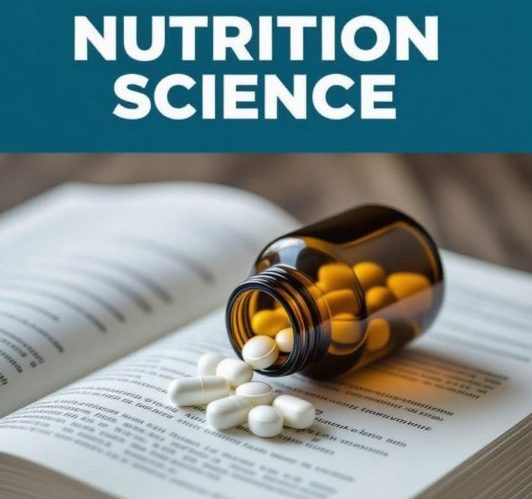
Weight gain linked to appetite stimulants is rooted in biology, not magic. Many students see quick transformations online and assume these products work like instant spells. But the reality is based on science. Understanding how these pills influence hunger, calorie intake, and metabolism helps separate real effects from marketing hype.
Products like super apeti pills have become popular for people looking to gain weight fast. These are often compared with other appetite stimulants like GML Apeti. For students, health enthusiasts, and educators, knowing the facts behind these products is essential. Below are seven evidence-based insights to guide a more informed view.
1. Antihistamines Can Trigger Hunger
Cyproheptadine, the active ingredient in many appetite stimulants, belongs to a class called antihistamines. These medications are typically used for allergies, but they also block certain brain receptors linked to appetite suppression. This “side effect” leads to increased hunger signals, which is why such products are marketed for weight gain.
2. Calorie Surplus Still Rules
Even with strong appetite stimulants, weight gain depends on consuming more calories than the body burns. Pills may help increase appetite, but the real change comes from eating energy-dense foods consistently. Without a calorie surplus, weight gain will be limited no matter how effective the stimulant is.
3. Potential Side Effects Are Documented
Medical literature highlights risks such as drowsiness, dry mouth, and digestive discomfort when taking antihistamine-based stimulants. Some users also report mood changes or irregular heartbeat. Students should weigh these side effects against potential benefits, especially if they have pre-existing health conditions.
4. Supplements vs. Regulated Medicines
Many appetite stimulants sold online are marketed as supplements, which are not as strictly regulated as prescription medicines. This difference matters. While some contain known ingredients like cyproheptadine, others may include unlisted or poorly tested compounds. Checking labels and researching ingredients is a key step before use.
5. Dosage Determines Safety
Taking more than the recommended dose does not speed up weight gain; it increases risks. Antihistamines can cause sedation or cardiovascular strain at high levels. For students and young adults, sticking to safe amounts under medical supervision is critical for avoiding harm.
6. Evidence-Based Research Should Guide Choices
Reliable studies are limited compared to the vast marketing claims online. Most evidence for appetite stimulants comes from small clinical trials or off-label use. Before relying on these products, students should read peer-reviewed research or consult a healthcare provider. This habit builds lifelong critical thinking about health products.
7. Learning to Evaluate Online Health Claims
The internet is full of persuasive testimonials and before-and-after photos. While some may be genuine, many are exaggerated or sponsored. Look for credible sources, clear ingredient lists, and transparent research citations. Developing this skill not only applies to appetite stimulants but also to all supplements and wellness products encountered online.
Key Takeaway
For students seeking safe weight gain, understanding the science behind appetite stimulants is more powerful than any advertisement. Products like super apeti pills can indeed trigger hunger, but long-term results rely on balanced nutrition, moderation, and informed choices. When in doubt, consult a trusted health professional before starting any new supplement.
READ ALSO: The Healthy Lifestyle Considerations
Conclusion
Appetite stimulants can be helpful tools, but they are not shortcuts to a healthier body. By recognizing how these products work, their side effects, and the importance of evidence, students can make better decisions. Whether it’s super apeti pills or other stimulants, the best approach combines scientific understanding with cautious use.